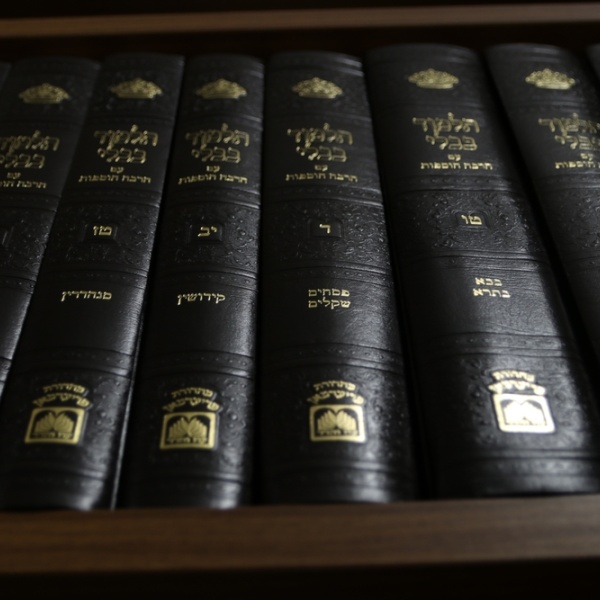
Great leaders are great strategists. The Talmud (Pesachim 3b) relates that a certain non-Jew was bragging of how he used to travel to Jerusalem to eat the korban pesach. Under ordinary circumstances, that would be very nice, as non-Jews may also offer sacrifices in the Temple. However, the korban pesach, the pinnacle of celebration of the holiday of the national formation of the Jewish people, is reserved for Jews only. "No outsider may eat it. No uncircumcised male may eat of it" (Shemot 12:43, 48).
After quoting those verses, the heathen proudly proclaimed his trickery: "I ate from the best of the best". Like many before and after him, it was his big mouth that got him into trouble. But like many a charlatan, there is little joy in simply tricking others; it is boasting about their triumph that gives them pleasure. Rabbi Yehuda ben Beteira, upon hearing of his exploits, asked, "Did they ever give you from the tail of the animal?...When you next go there, ask for the tail." Not wanting to miss this delicacy, on his next Pesach trip he asked for some tail meat. That was a very bad move.
Unbeknownst to him, the tail is placed on the altar and is not eaten. The kohanim realized something was fishy, and asked him who suggested that he ask for the tail. When told it was Rabbi Yehuda ben Beteirah, they realized that he was a non-Jew, and that he had been fooling them all those years. Then, they sent a note to Rabbi Yehuda ben Beteirah, which read, "You are in Netzivim, but your net extends to Jerusalem". Even in the pre-internet days, with some strategic thinking, one could get a message spread far and wide.
Tosafot raises a most interesting question about this story, wondering why Rabbi Yehuda ben Beteirah himself did not go to Jerusalem; after all, by not doing so, he was neglecting both the mitzvah of aliyah leregel (the pilgrimage to Jerusalem), and the korban pesach.
Tosafot provide three rather startling answers, ones that may make us rethink our conception of these mitzvoth. Tosafot suggests that perhaps Rav Yehuda ben Beteirah did not own land, and only those who own land are obligated to travel to Jerusalem on the three pilgrim festivals. This is based on the Torah's promise that "no one will be envious of your land when you go up to see the presence of the Lord, your G-d, three times a year" (Shemot 34:22; see Pesachim 8b). Perhaps the mitzvah requires one to leave one's home and travel--and those without land were constant nomads[1].
Tosafot suggest a second answer: that perhaps he was too old and weak to travel to Jerusalem, exempting him from performance of the mitzvah. Tosafot then proposes a third answer, which at least for those of us living in the Diaspora is most revealing. Rabbi Yehuda ben Beteirah lived in Netzivim, which was situated outside the land of Israel. Only those living in Israel are obligated to travel to Jerusalem or bring the pascal lamb.
While this may also be due to the difficulty of travel, there appears to be a much more fundamental reason. Yom Tov is the time when the entire congregation of Israel rejoices together in Jerusalem. Only Jews living in the land of Israel are considered part of the community[2]. While we create many wonderful communities in the Diaspora, we do so as individuals. Only those who are in the land that "the eyes of G-d your Lord are on it at all times" (Devarim 11:12) have the status of a true community.
[1] Interestingly, this view is--as far I can tell--not quoted in the codes of Jewish law; i.e., it is rejected.
[2] It is for this reason that mitzvoth such as rabbinic ordination and sanctification of the new moon can only be done in Israel. Rabbinic authority over the nation of Israel must take place in Israel. Similarly, the establishment of a calendar and the regulation of the rhythms of the Jewish people can only be done in the land of the Jewish people.
